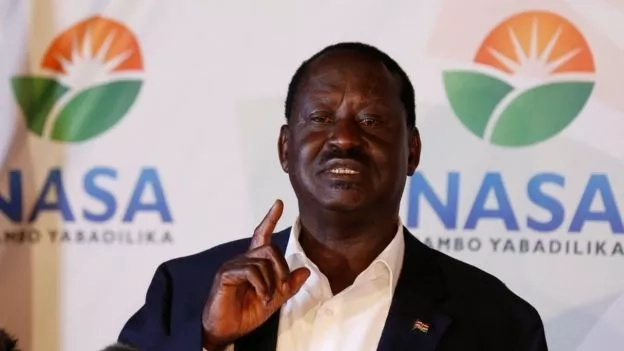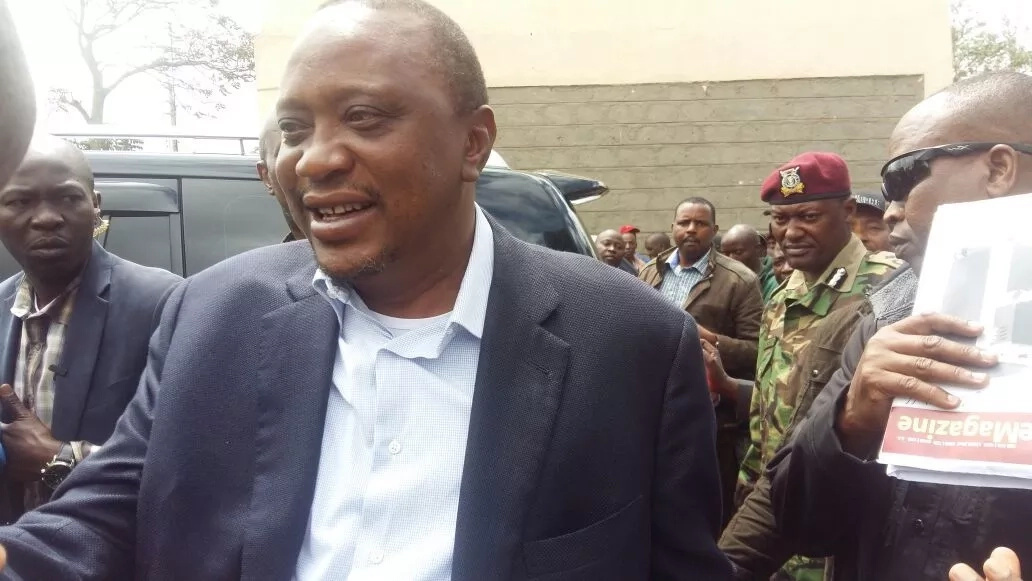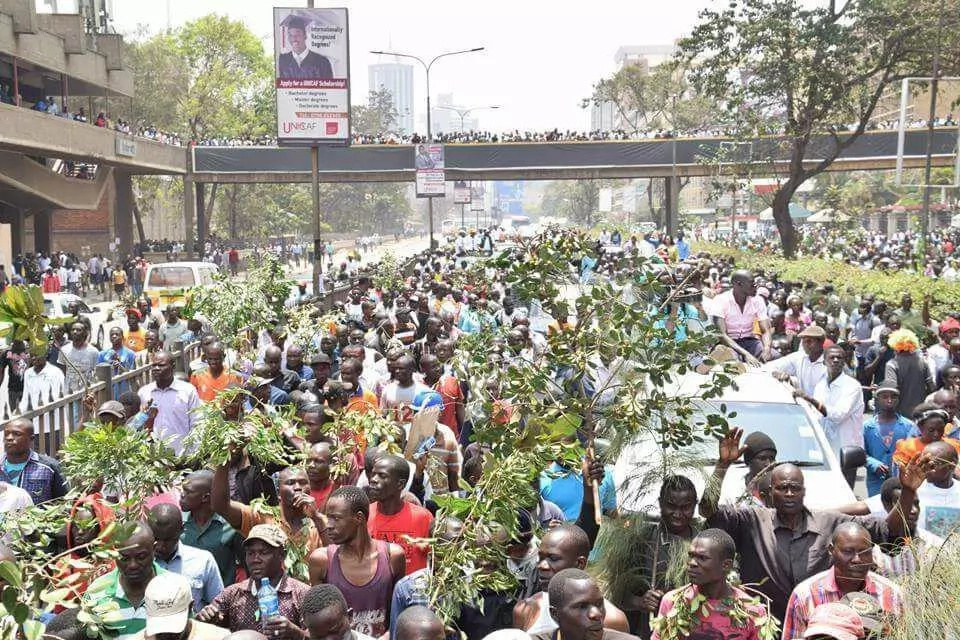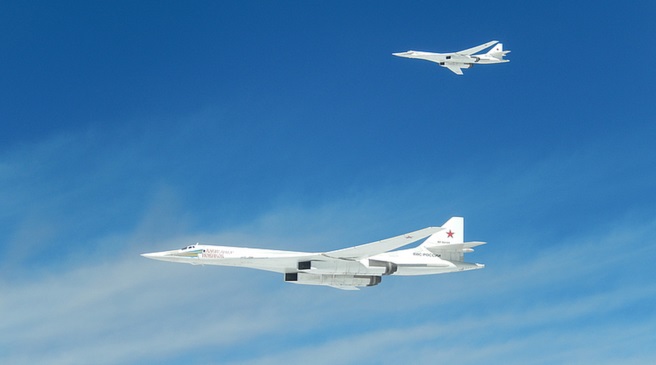- The National Resistance Movement wing in the National Super Alliance has promised to pile pressure on the Jubilee government to step aside
- NASA leader Raila Odinga said the opposition has several legal means to ensure President Uhuru will not have it easy to rule Kenya following the October 26 poll
- Raila clarified that he will lead a peaceful and not armed resistance as he urged President Uhuru to resign
National Super Alliance leader Raila Odinga spoke tough in an interview on Friday, October 27, promising that President Uhuru Kenyatta and his Jubilee Party will not have it easy ruling Kenya following the October 26 election.
Raila advised Uhuru to resign because the low voter turnout in the Thursday election was a vote of no confidence, and the new NASA wing, the National Resistance Movement will lead peaceful civil disobedience against the government.
“Our constitution in Article 1 says that if the government imposes itself on the people, the people have a right to self-determination. People also have a right to disobeying the orders coming from such a government. We’re going to do peaceful resistance, not through demonstrations, but through other methods we’re going to announce on Monday, October 30,

NASA leader Raila Odinga. Photo: Standard.
“NASA will announce a series of measure that we’ll take in order to bring pressure on this government to step aside. The NRM will basically be involved in civil disobedience, civil unrest and not an armed resistance. We’re going to use all the legal and constitutional means to put pressure on this government to do what we wanted to do,” said Raila as quoted on CNN.
The opposition leader further said that the Constitution allows for picketing, striking, peaceful processions, protesting, boycotting and so forth; and these were just some of the several means at their disposal that they will bring into play against the government.

President Uhuru Kenyatta at Mutomo Primary School when he cast his vote on October 26. Photo: TUKO.co.ke
Raila based this move on the belief that Kenyans are tired of the Jubilee regime, a government that discriminated against them based on their ethnicity; and a regime that practices corruption that has messed up the economy.
As he concluded, the opposition leader clarified that the only conversation he is willing to have with the President is how a fresh election will be held in 90 days and nothing else.
Raila Odinga came in a distant second to President Uhuru in the October 26 election despite him not participating in the ballot.

For weeks prior to the October 26 poll, NASA led supporters in anti-IEBC demos. Now, the opposition intends to lead civil unrest against the government. Photo: TUKO.co.ke
The Independent Electoral and Boundaries Commission opted to leave his name on the ballot paper.













